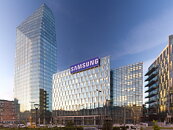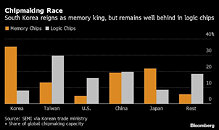
Sony Could Offload Parts of its Financial Group, Exploring Heavier Investments in Entertainment
Sony Group Corporation is reported to be considering a partial spinoff and listing of its financial services division, in order to raise capital for further investments in its entertainment arm and next generation image sensor technologies. Reuters has published details from a corporate strategy meeting that took place last week (on May 18) - executives at the Japanese multinational conglomerate corporation are contemplating the future of Sony Financial Group. This arm of the business is comprised of several subdivisions including a bank and an insurance firm. Sony Corporation managed to gain full control of these finance organizations three years ago, according to Reuters.
Sony is seeking to retain a stake of just below 20%, and posits that its financial businesses will gain the ability (following the suggested partial spinoff and listing) to raise cash independently for sustainable growth. The company hopes to provide extra funds for its entertainment and semiconductor operations that "need an unprecedented amount of investment." The PlayStation group is aiming to ramp up production of its PS5 console - supply chain problems have caused delays and unit shortages in the past, and Sony is keen to build on the gaming platform's success, without restrictions going forward. The company is keen to advance its camera parts division - in order to meet increasing market demand for smartphone and vehicle sensor components. Hiroki Totoki (President of Sony Group Corp) emphasized that greater investments in these sectors will allow the company to stay competitive large global rivals.
Sony is seeking to retain a stake of just below 20%, and posits that its financial businesses will gain the ability (following the suggested partial spinoff and listing) to raise cash independently for sustainable growth. The company hopes to provide extra funds for its entertainment and semiconductor operations that "need an unprecedented amount of investment." The PlayStation group is aiming to ramp up production of its PS5 console - supply chain problems have caused delays and unit shortages in the past, and Sony is keen to build on the gaming platform's success, without restrictions going forward. The company is keen to advance its camera parts division - in order to meet increasing market demand for smartphone and vehicle sensor components. Hiroki Totoki (President of Sony Group Corp) emphasized that greater investments in these sectors will allow the company to stay competitive large global rivals.















































